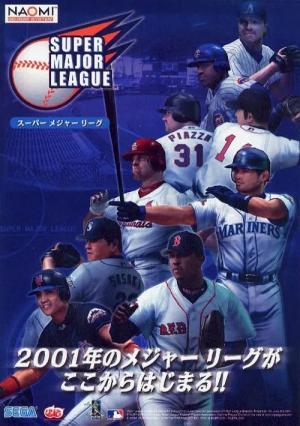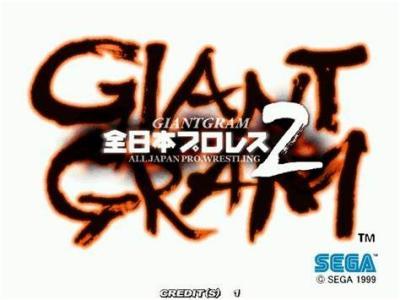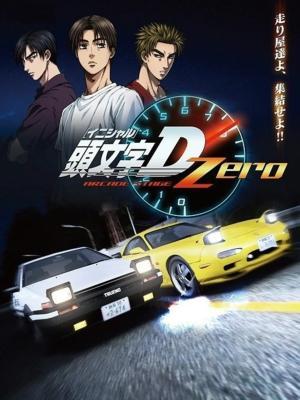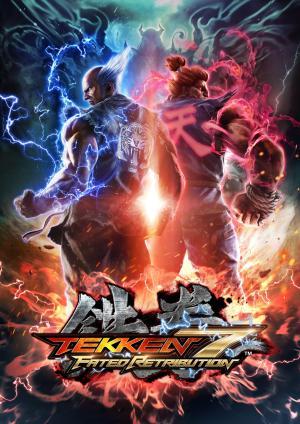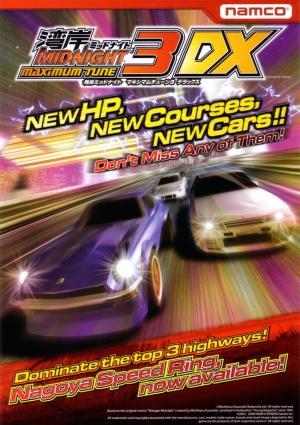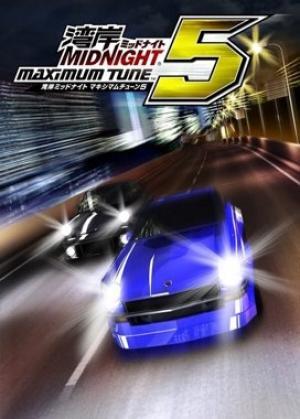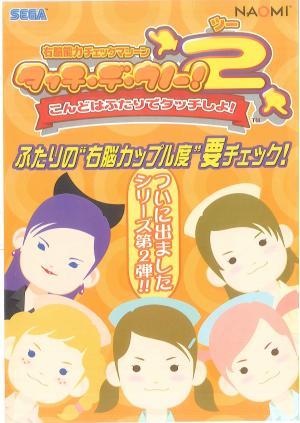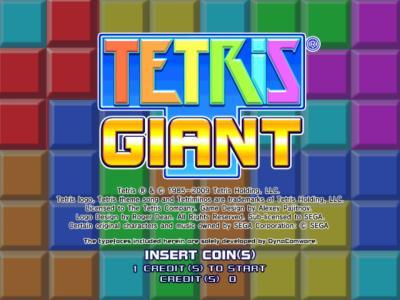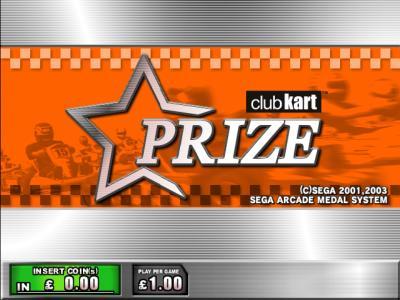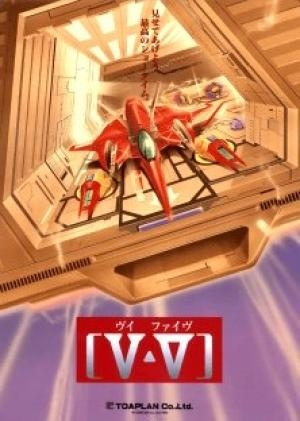
| Aka: | VV, Grind Stormer, V-Five, ヴイ・ファイヴ |
| Console: | Arcade |
| TV Standard: | NTSC |
| Country: | Japan |
| Developer(s): | Toaplan Co., Ltd. |
| Publisher(s): | Toaplan Co., Ltd. |
| Release Date: | 1993-01-01 |
| Players: | 2 |
| Co-op: | Yes |
| ESRB: | Not Rated |
| Type: | Shooter |
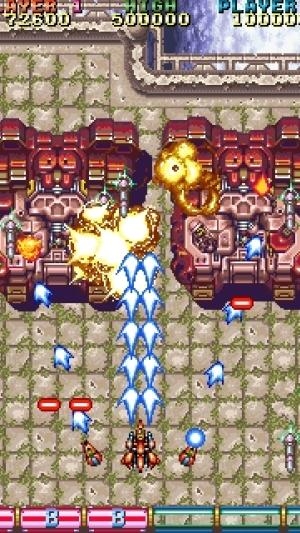
Grind Stormer is a 1993 vertically scrolling shooter arcade video game originally developed and published by Toaplan in Japan and North America. It is considered to be the spiritual successor to Slap Fight. Based around a video game within a video game concept, players assume the role of a young secret agent assigned by the government taking control of the NA-00 space fighter craft in an attempt to defeat the titular virtual reality simulator, rescue the abducted players who lost against it and unveil its true purpose.
Headed by DonPachi producer Kenichi Takano, Grind Stormer was created by a small development team of new employees at Toaplan who would later go on to work at one of its offshoots after the company declared bankruptcy in 1994 and was originally titled Bakuretsu Wing before being ultimately renamed to V・V in Japan. It is notable for marking the debut of Cave co-founder Tsuneki Ikeda in the video game industry, serving as one of its programmers and features a much smaller hitbox for the ship compared with previous shoot 'em up games released at the time. It is also notable for being one of the last games by Toaplan to feature an FM soundtrack, as the company began to clear out their FM chip inventory. Initially launched for the arcades, the game was later ported to the Sega Genesis by Tengen and first published in Japan on 25 March 1994 and a month later in North America, featuring both the original Japanese and North American versions as selectable gameplay modes.
Grind Stormer proved to be popular in arcades but the game has been met with mixed reception from critics and reviewers alike since its release on the Genesis, who felt divided in regards to several aspects such as the presentation, visuals, sound design and gameplay. It has been regarded by some to be an early example of a manic shooter. As of 2019, its rights are owned by Tatsujin, a company founded in 2017 by former Toaplan member Masahiro Yuge and now-affiliate of Japanese arcade manufacturer exA-Arcadia alongside many other Toaplan IPs.
